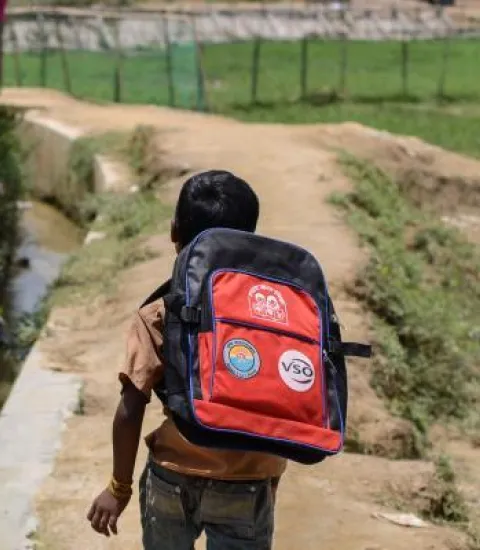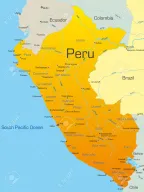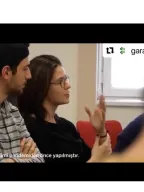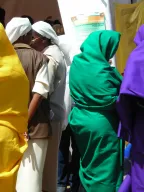
Providing community-based education to Rohingya refugee children
The Rohingya refugee crisis has led to an estimated 745,000 Rohingya people —including more than 400,000 children—seeking refuge in Cox’s Bazar in Bangladesh. Quality, accessible education underpins long-term sustainable development but the scale and speed of the Rohingya refugee crisis meant that the education of many children was disrupted. VSO’s EiE programme uses a relational model of volunteering to extend education to the youngest children – those who might not be prioritized in services provided by the camp authorities. Through working with community volunteers, using local resources for teaching and learning materials and providing continuous learning and feedback opportunities, the programme aims to be community-led to increase ownership and agency, involving refugees in the design, delivery and evaluation of the education. Evaluations have found that community volunteers engaged in the programme have an increased confidence and sense of purpose through engaging in the programme.
- The programme design recognized that within the refugee camp mothers and sisters are primarily responsible for childcare, and therefore were most suitable to receive training and facilitation to become early years’ care and education providers themselves.
- The EiE programme provides training and equipment to turn the homes of refugee volunteers into local ECCE centres to provide a standardized safe environment for the children while extending ECCE to families that might not access a centralized location








